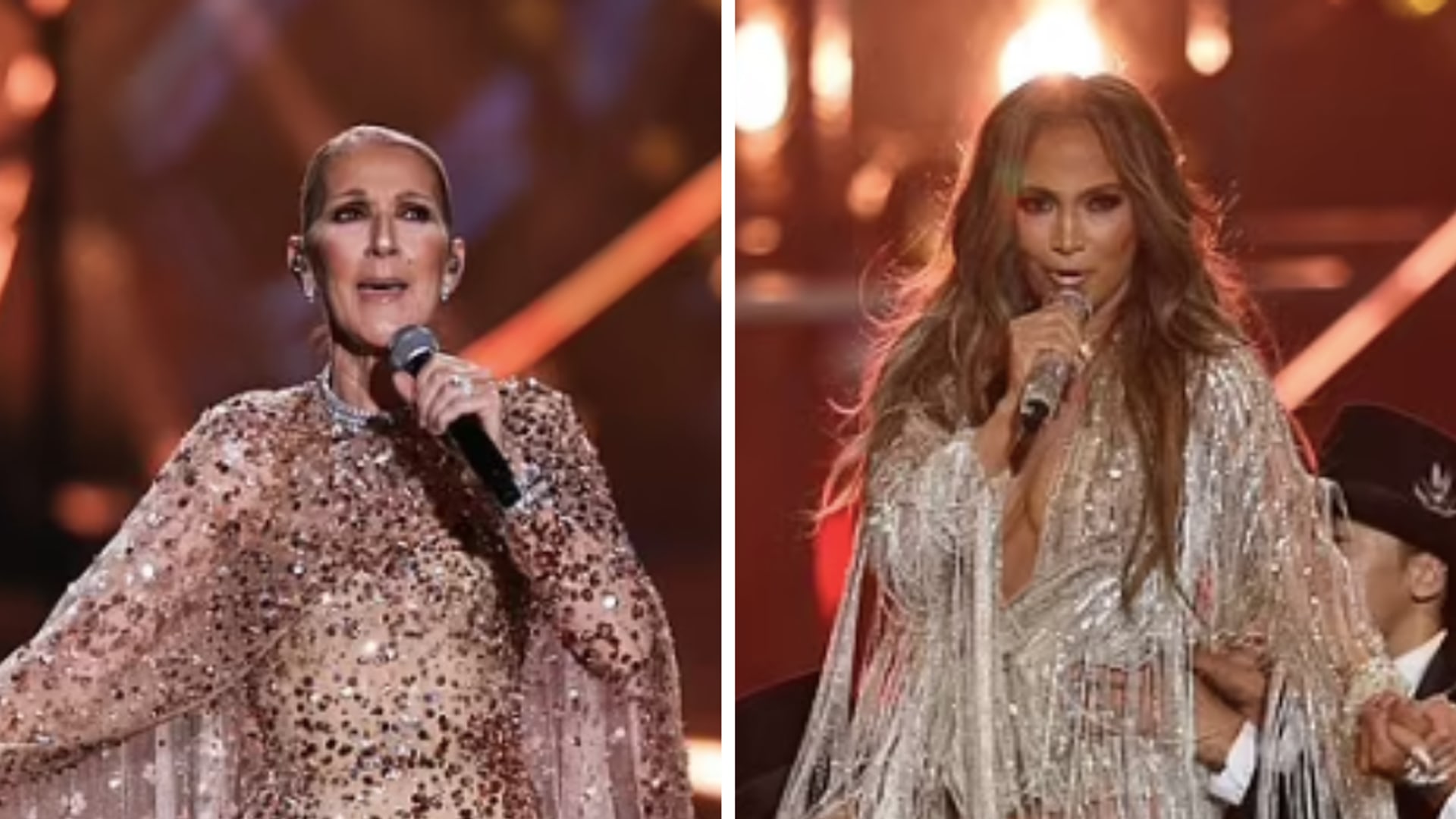Recounts may not change election results very often, but British Columbia political scientist David Black says they play an increasingly vital role in demonstrating election integrity. “There is the quality control, the quality assurance, the self-correcting nature of our of our system showing up and demonstrating that it works,” said Black, an associate professor at Greater Victoria’s Royal Roads University. Premier David Eby’s NDP claimed victory on Monday in B.
C.’s Oct. 19 election, but the counting isn’t over.
Two judicial recounts were triggered at the end of the “final count,” by an NDP candidate’s 27-vote victory margin in Surrey-Guildford, and a Conservative candidate’s 38-vote win in Kelowna Centre. Elections BC says district electoral officers must apply for a judicial recount if the margin of victory is within 1/500th of all ballots considered in the riding. Recounts are conducted by a B.
C. Supreme Court judge and may include all or some of the ballots in an election. Elections BC said in a written response that the timing of the recounts would be up to the presiding judge.
Black said hand recounts were originally needed to check for human error in manual tabulation. But Black said the need for recounts has not diminished with the advent of digital and machine counting. Instead it has increased, with the rise of voter skepticism about technology that is not well understood.
Recounts — done by hand with human scrutineers present, visibly verify.


















